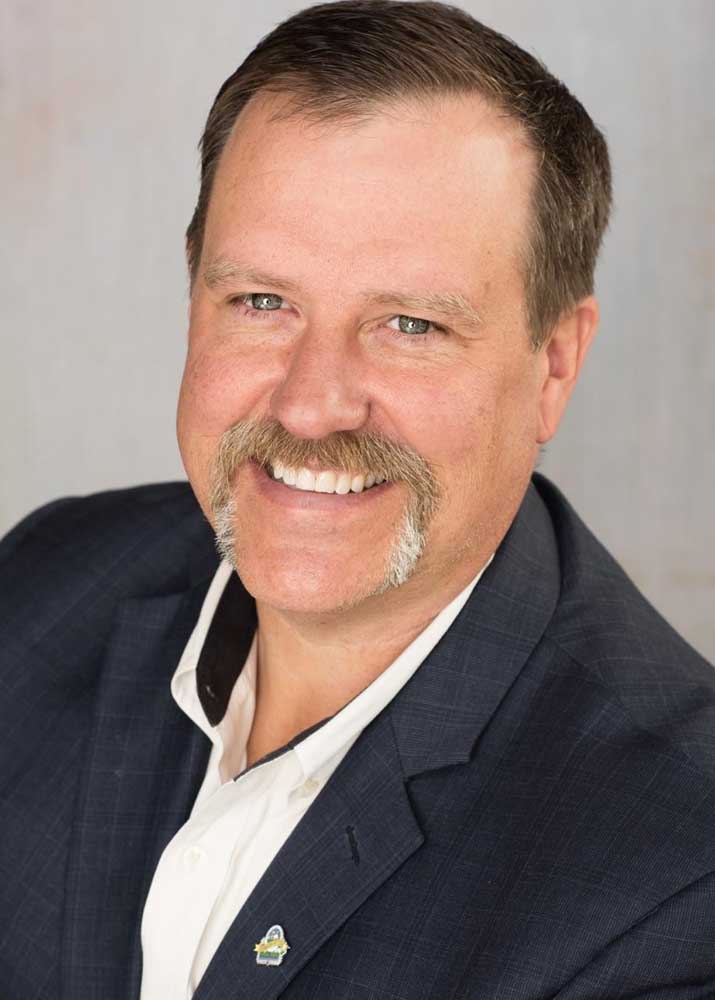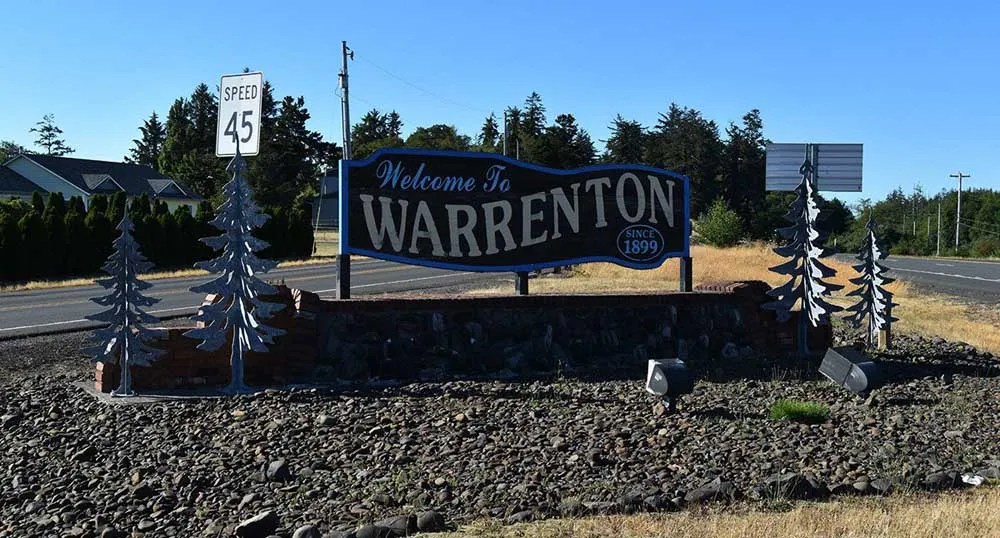Guest Column: We Oregonians
Published 12:30 am Saturday, October 26, 2019

- Tony DeBone
We Oregonians are in a time of transition.
Trending
“We Oregonians” means all of us: indigenous peoples, multigenerational residents and the newly arrived. It means rural, urban, frontier and suburban folk. It means all genders, all ethnicities and all ages. It means those with adequate and stable income and those without. It spans those living unhoused and those with one or more housing spaces.
It means everyone is living in a time of transition. Circumstances are changing, whether or not we’re comfortable or uncomfortable. We may be driving one kind of change and fighting passionately to oppose another kind of change, but we Oregonians are dealing with a time of transition and change.
The question we see is, “How do we negotiate living in transition, dealing with change, in a way that protects our shared humanity and the one planet we have?”
Trending
What we often see is a warfare mentality that demonizes differences and seeks to silence or destroy differing points of view. Facts and data are assembled like snowballs with sharp and unyielding stones that pelt perceived opponents into submission.
Every side of every argument has science and facts used to support its position and subdue divergence from its “rightness.” Believe what I say, do as I demand, or I’ll hurt you.
What if we were all curious to understand each other, learn from each other, negotiate our differences into common ground and shared purpose? Could we, must we, proceed as members of the same team? We say we can and must.
We did not see a curious and collaborative approach taken by the proponents of HB 2020 in the last legislative session. Instead, we saw a bill with an emergency clause, meaning the voters couldn’t have a say about it. That’s fear and suspicion in action.
We’re talking about saving the planet and our own and other species from extinction. How can it be a bad idea to slow down, listen to each other and work together? That means before, during and after any such far-reaching laws. That’s the way to build trust, respect and affection.
If we do not build trust, respect and affection into our social discourse and legislative process, we are left with warfare in the political domain, played by whatever political operatives wield the money and influence to shape our future.
Warfare is a blunt instrument, whether it means guns, tanks and missiles or words spoken and solidified into laws passed without a fully adequate consideration of the costs and benefits. That includes costs to individual families, small and large businesses and communities in proposing measures they fear will bankrupt them and force them into poverty and despair.
Whose costs and whose benefits? Who has readily available alternatives, and who doesn’t? Mass transit and charging infrastructure are much rarer outside metro areas of Oregon, just as an example.
Almost every single person we know, regardless of political bent, believes that we need to address climate change in some way. How we do it remains unanswered and weaponized.
We’re tired of warfare that tries forcing a desired outcome. We see those smiling partisans when they “win” and snarling when they “lose.” What we’re asking for is curiosity and collaboration, hearing all sides in a considered and thoughtful way. The alternative is angry insistence on ideologies and ignoring the costs. It costs us our shared and loving humanity as well as the remediation of forces driving worldwide climate and economic changes.
If we fail to both honor the people and save the planet, we’ll do neither. We’ll fail at all of it.
HB 2020 was a long “Hail Mary” pass for climate change that we are glad bounced off the ground in the end zone. The cost of energy would have gone up, the cost of manufacturing would have gone up and inflation would have resulted.
The cost of waste disposal would have increased because of the emission tax on landfills. The cost of mitigating landfill gas and biogas from wastewater facilities would have increased.
The Oregon Department of Energy publishes that transportation creates 40% of carbon. Government’s job is to prioritize investments in efficient roads and let industry offer market solutions for innovative transportation options like electric and natural gas.
Diesel trucks, buses and heavy equipment are very important in the economy. Let’s not vilify heavy machinery. Moving many yards of rock with one scoop from a loader is like moving two or three small cars at a time. Loading and moving a shipment of fresh cut timber is as heavy as most houses.
Outright taxing carbon is not the way to celebrate the urban-rural relationship. Food and fiber are created in the far reaches of Oregon, and it takes many hours to drive across the state. Improved power and efficiency have been designed into cars and trucks for the last 125 years, as well, optimizing electricity generation and consumption.
Please let university researchers and private industry invest to reduce the carbon content in the energy system. If government mandates and defines the path without inviting everyone to participate, we will miss opportunities.
Let us all set the vision of renewable energy from solar, geothermal, biomass and battery technology with the goal of not irreversibly harming this planet or our economy. We see the wisdom in “Everything in moderation” as technology catches up with essential social policy changes.









